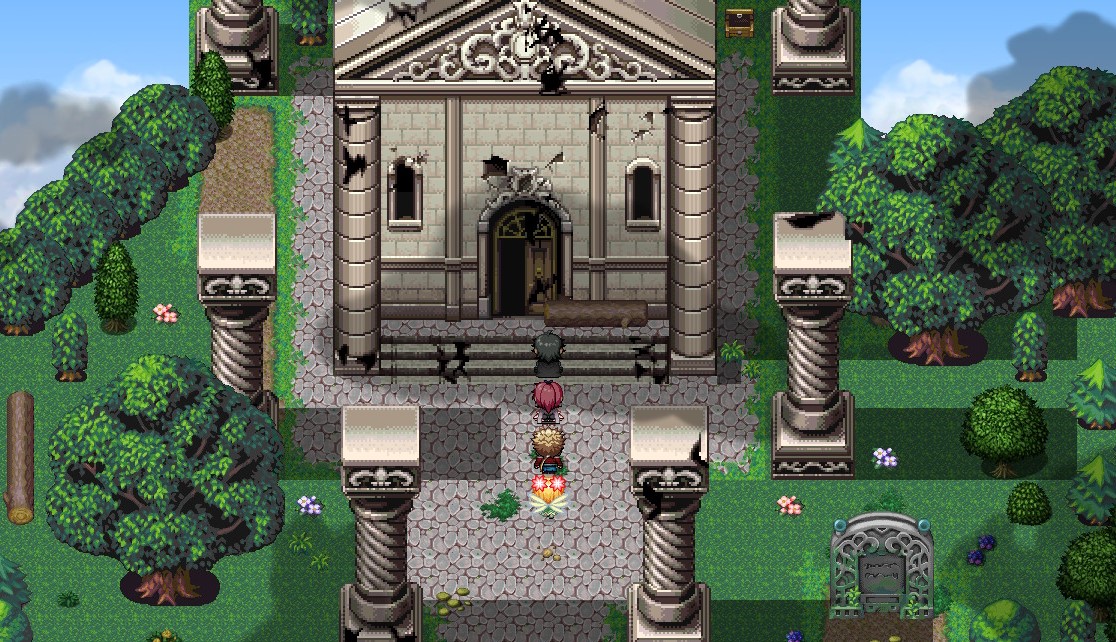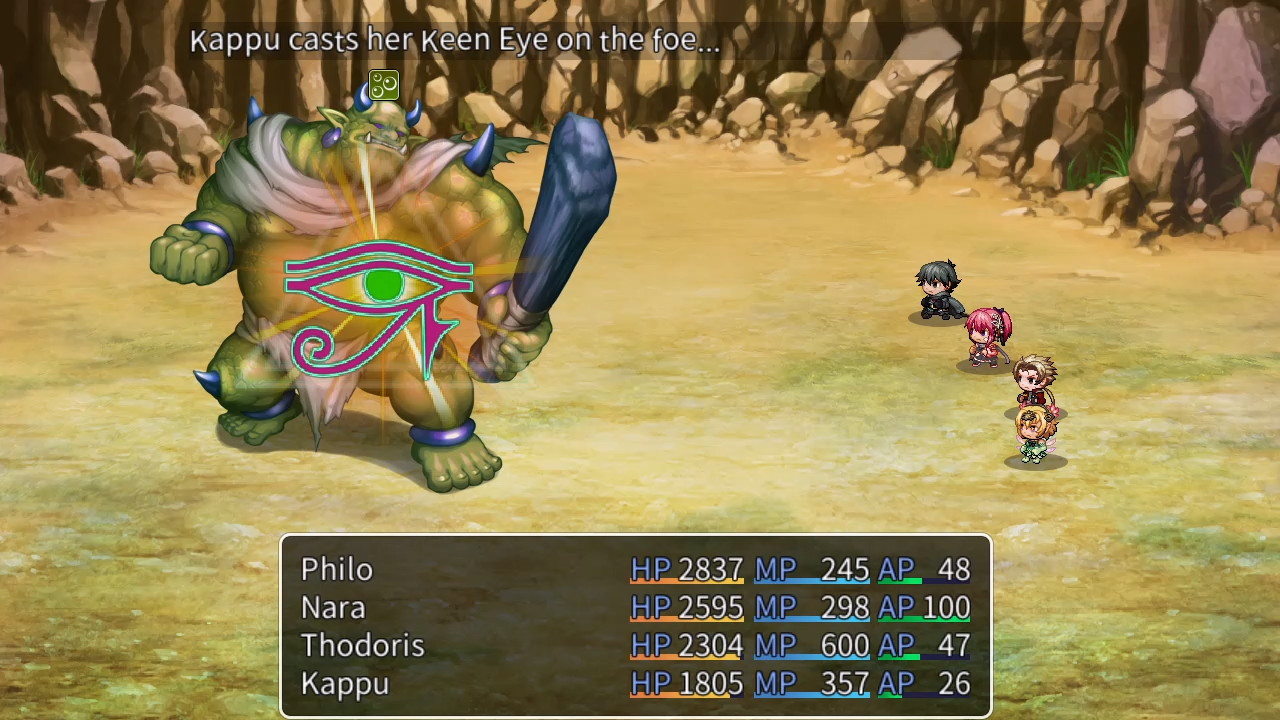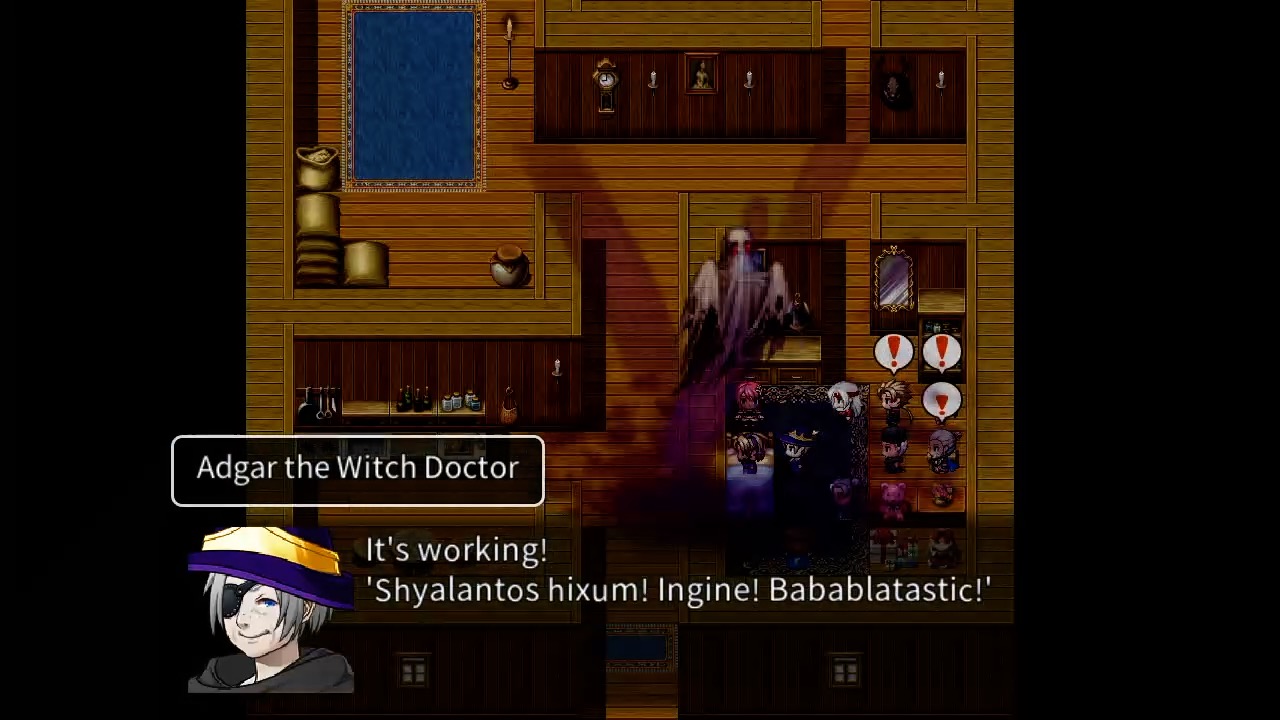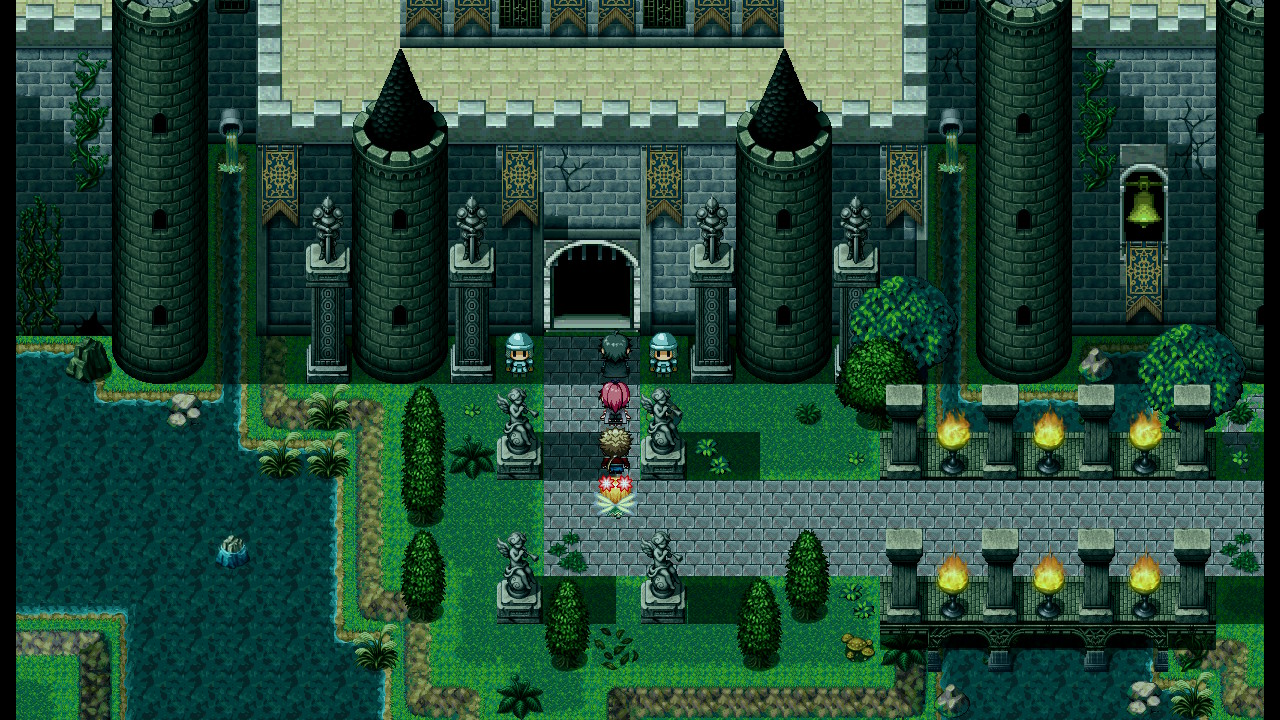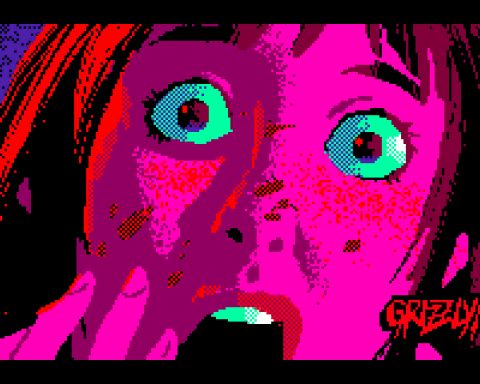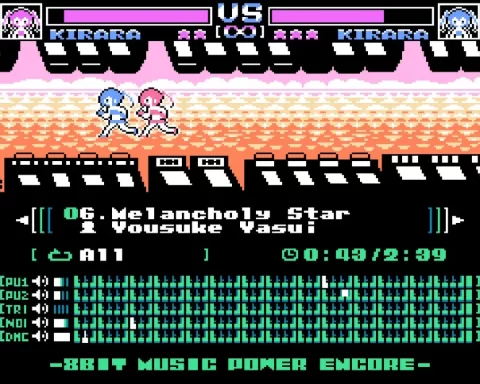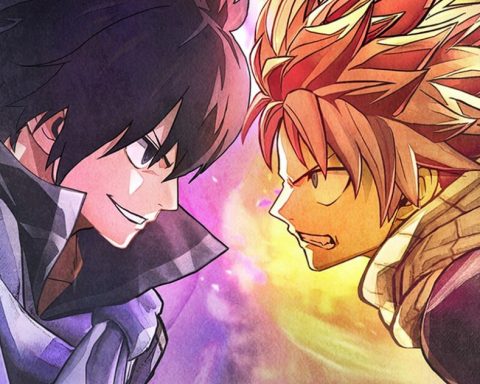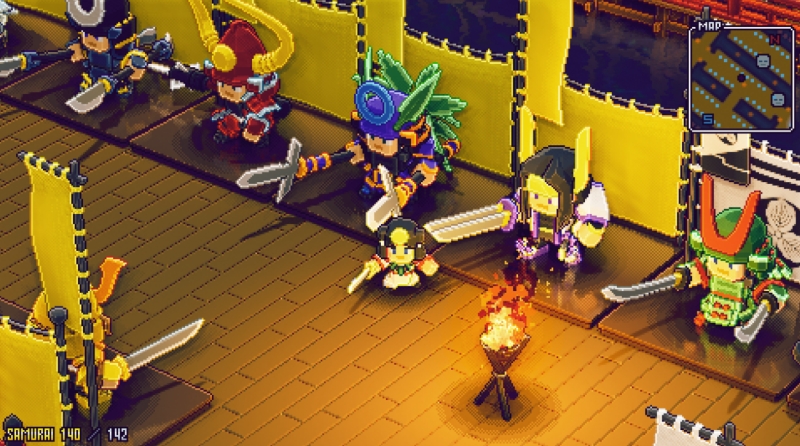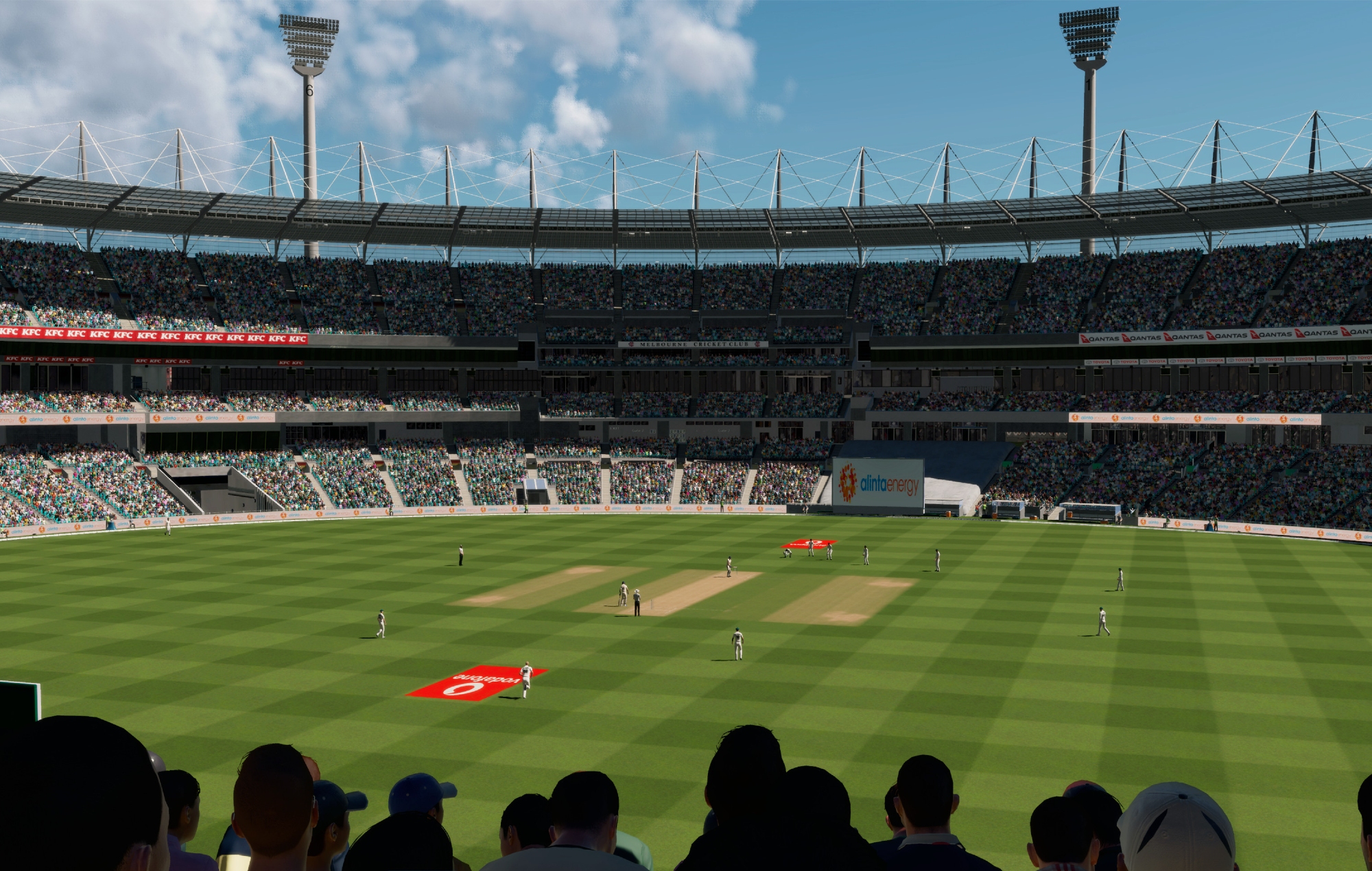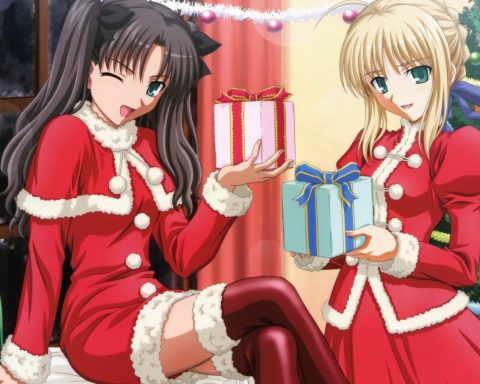This week, an absolutely fascinating story landed on my feet. Someone had spent 1,600 hours plugging away at RPG Maker MV on the Nintendo Switch to produce a JRPG, which they released this week. To emphasise: I’m not talking about the PC RPG Maker MV – we get plenty of large-scale games made using that software. That’s nothing inherently special. What I’m talking about here is the Nintendo Switch application, which is something that I honestly thought people would play around with as a fun little toybox, rather than use it to produce anything this substantial.
You don’t need to own RPG Maker MV to play it – you can get a free “RPG Maker MV Player” app off the eShop that will allow you to download and play games that users with the full software upload. Just search for “Kingdom of Neandria” to play Nestor’s game.
I found the whole story of this game’s development to be fascinating, because there are inherent and substantial limitations to RPG Maker MV on the Switch. It’s a lot of fun, but without keyboard and mouse control, navigating the software is a lot more challenging than using the PC application. More critically, you can’t commercialise the games you make on the Switch app. There’s no way to export them so people on other platforms can play them either. Given that you can do these things on the PC app, I would have thought that when it came to a 1,600-hour project, the PC would have been the place to go.
And yet Nestor successfully navigated all of these issues, and pushed the application in ways I didn’t even think was possible in the process. So I had a chat to Nestor about what inspired him to complete such a substantial project in RPG Maker MV on Nintendo Switch, and what the experience was like.
Matt S: What was it about RPG Maker on Switch that made you want to build a game of this scope on it?
Nestor: I remember being very excited when I first heard about RPG Maker MV arriving on the Nintendo Switch. Without boring you with the details of my backstory, I had more or less taken a decade-long hiatus from video games prior to the Switch’s debut. However, I quickly fell in love with the console. It not only revitalised my dormant obsession with gaming but, in particular, the prospect of RPG Maker MV’s arrival on the Switch conjured up many nostalgic memories of playing RPG Maker on the PlayStation back when I was only a twelve-year-old kid.
I know there is a vibrant RPG Maker community, and it seems like most of the talented and ingenious creators prefer PC versions of RPG Maker and its variants over the respective console counterparts. For good reasons, of course, given the far fewer restrictions that exist when it comes to importing your own artwork or audio tracks or whatnot. Believe it or not, Matt, I recall reading in your own review of RPG Maker MV on the Switch that it is “more akin to a toy.” Sentiments like these, which are quite common, and the fact that I think the console version attracts less ‘serious’ or dedicated creators (after all, you can’t monetise whatever you create on the Switch or PlayStation versions of RPG Maker), really inspired me to make something that would stand out. I wanted to dispel the notion that, only being able to work with default assets and lacking an ability to incorporate plug-ins, using the Switch version of RPG Maker MV is an inevitable waste of time. I hope I’ve proven that this isn’t the case!
Matt S: 1,600 hours is a massive amount of time that you’ve spent on this project. What would you say was the most time-consuming part of the development?
Nestor: It really seemed like nothing came quick or easy, especially at first as I hadn’t played an RPG Maker in twenty years and basically had to learn the mechanics from scratch! There is one scene in the first chapter that features ten characters in dialogue. That was very time-consuming because each time a character is speaking, I wanted the others in the room to turn and face them. There is, regrettably, no copy and paste function (at least on the Switch version) to effortlessly repeat the same set of actions. Thus, I had to manually change the direction of each character dozens of times, and this scene alone probably took me three days to complete.
Another example, in chapter 2, involves a series of rooms with guards that players have to sneak past. Getting the guards to react appropriately and only “see” you when entering into their “line of vision” (determined by particular X/Y coordinates on the map), involved a lot of parallel processes and other event commands. Because multiple events are happening simultaneously, the whole ordeal quickly grew quite complicated. And while that section of the game takes less than 30 seconds to play through, to get everything working correctly – trying to preempt every possible path that a player might take – legitimately took me 20-25 hours to nail down. There were a lot of moments like this that were made more frustrating due to the fact that if you look to the online community for assistance, oftentimes the solution offered is simply, “use this or that plug-in!” which was never an option for me working on the Switch.
Matt S: There’s no way to monetise games made using RPG Maker on Switch. Can I ask why you committed to that kind of project, rather than using a platform that you could use to sell your final game (such as RPG Maker on PC)?
Nestor: Apart from some of the reasons that I’ve already highlighted, and the many unique challenges involved with using the Switch version, my motivation was never really about making money from it. And to be honest, I think I was either too ignorant of the vast amounts of time and energy that making a game requires, or how deeply invested in it I would find myself! At the end of the day, though, all I originally set out to do was create the first chapter of a longer narrative—a demo, if you will—and see what could become of it. Now that I’ve completed the game’s first two chapters (I imagine the full story being spread over five chapters or so), my hope remains the same: that people will merely play it. Although it would be great to turn the hours I’ve poured into Kingdom of Neandria into some kind of financial profit, ultimately I’d feel much more satisfaction if, say, in ten years from now, there are people out there who’ve played it and continue to reflect fondly on the experience.
Matt S: How did you go about developing the narrative? Can you give me some details about your creative process?
Nestor: Prior to getting RPG Maker MV on the Switch, I did a lot of brainstorming as far as etching out a rough draft for the game’s narrative, though leaving a lot of little details blank, that is, to be filled in as the game took shape and my feelings towards certain characters or their personalities evolved. My two guiding principles for the impetus of Philo’s adventure (he’s the main protagonist) was that it had to be something both momentous and deeply personal, yet also simple. I wanted the player to feel like the stakes are high, which is of course often the case with games and especially JRPGs, but also that Philo in particular has a special reason to set out on his quest.
Further, as much as I love these games, I feel like JRPGs – specific examples that I have in mind are Final Fantasy VII and VIII, and Xenoblade Chronicles II – too often feel overly convoluted in their storytelling. Thus, though wanting to invoke a sense of impending doom upon the world (in Neandria, a mysterious race of technologically superior mages are threatening invasion), at heart I wanted it to be a game about adventure, mystery, discovery, and most importantly, the characters themselves. To use the cliché, I thought it should be primarily about the journey rather than a destination. Some games that stand out to me as the gold standard in terms of capturing those elements I sought to convey would include Final Fantasy IX and, more recently, Dragon Quest XI.
Matt S: What is it about JRPGs that you find so appealing?
Nestor: Things are a lot different nowadays with the massive budgets that go into so many video games, but at one time I think JRPGs were really kind of unique in this medium. Their ability to put players front and centre in these immense, novel-length epics, with multiple subplots and character backstories, coupled with a steady, gradual progression system really made the player feel as though they were witnessing their own transformation from random nobodies to all-powerful warriors and wizards! It’s what made me fall in love with them as a kid. I’ve grown a little impatient with random encounters as I’ve gotten older, but turn-based battles are still one of the most gratifying experiences for me when they’re done well. In this regard, I have to namedrop Octopath Traveler and that excruciating fight against Galdera as a more recent example of turn-based perfection.
Matt S: What are the games that inspire you the most, and was there anything outside of games that inspired your game?
Nestor: Growing up, it was definitely The Legend of Zelda: A Link to the Past. On the Nintendo Switch, there are just so many fantastic games (too many games, one might selfishly complain!), from Breath of the Wild and The Witcher III, to the seemingly endless supply of quality indie games that keep pushing the art form into new and interesting territory. All of these, and there are too many to list, have inspired me in one way or another.
Outside of video games, the biggest influence on Kingdom of Neandria was undoubtedly my fascination with classic writers from antiquity, and especially the Greeks. I don’t know quite how to describe it but whether reading the comedies of Aristophanes, or, writing much later, Lucian, or in general Greek myths about the gods and goddesses, there’s almost like this incredible wit and childish naivety and love of life that pervades so much of it. I’m enthralled by them. I don’t think I’ve encountered any writers outside of that time period who have so distinctly put their finger on the same pulse with the exception of Shakespeare, and maybe Voltaire.
In constructing the mythos and religious attitudes that serve as the backdrop in Neandria, and even some of the comedic dialogue, the ancient Greeks were definitely my primary source of inspiration. Also, I had the privilege of travelling to Athens a few years ago, so seeing the awe-inspiring ruins of temples and other structures that contain so much hidden history; this vibrant, dominant force of culture that is in many ways forever lost to the past. As much as possible in the world of Neandria, I tried to impart the same feelings that these strangers from another time, and in some sense, another world, have been able to invoke in me.
Matt S: Will you now look to go deeper into game development – perhaps even a commercial project? Was there anything you learned about game development during this process?
Nestor: Beyond the RPG Maker MV engine, which is fairly user-friendly for those with the time and patience to learn, I am basically entirely illiterate when it comes to programming. I have zero experience in it. That said, I think my experiences with this software have given me some insights into the development process, however superficial, and I would love to get involved with future projects, or maybe just expand Kingdom of Neandria and see the next chapter to completion.
There are some obstacles that stand in the way, though. After putting well over 1,600 hours into RPG Maker MV on the Switch, the software began crashing a lot (it’s not an exaggeration to say I saw the annoying “software closed because an error occurred” message hundreds of times). I also have that dreaded thing called a day job (ugh!), which severely limits my time, and I think my wife was beginning to grow really tired of my obsession with RPG Maker MV! So, in short, I have no plans right now when it comes to future game development, and for a good while at least, I’d prefer to go back to simply enjoying playing games. I still need to finish Paper Mario, which I started for the first time last December! Still, if an opportunity were to arise, something to rekindle my motivation, whether to continue developing Neandria or any other project—in any capacity—I’m game!
